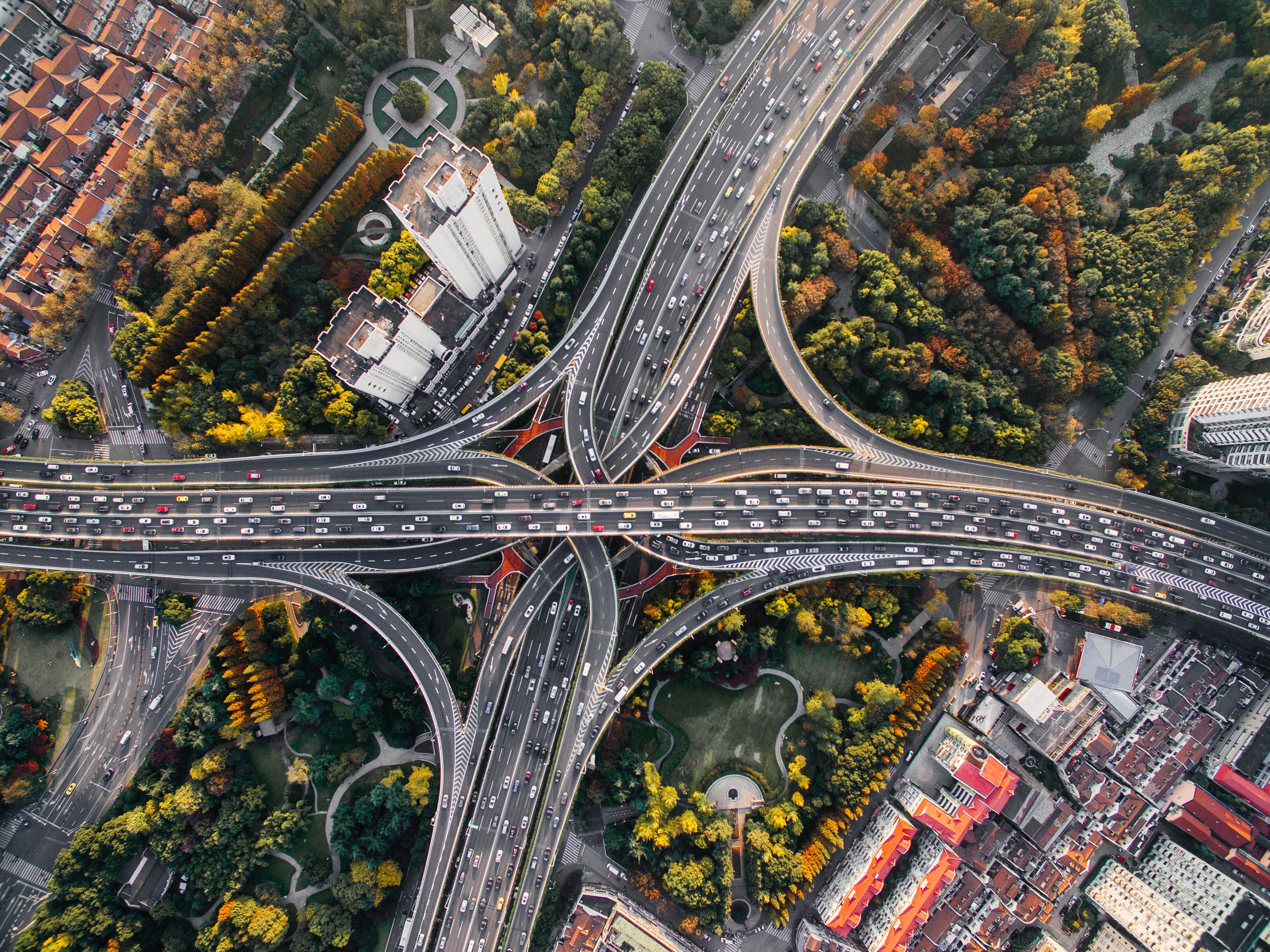Our Cities: the drivers of global health
Urban health is one of the greatest challenges to public health of the 21st century.
With examples from cities across the globe from Mexico City to Amsterdam, Dr Jo Ivey Boufford showcased how the very structure of the cities many call home shapes our health and emphasized how the health of cities, and those living and working in them, will shape the global conditions for life and the potential for achieving the Sustainable Development Goals.
The majority of the world’s population live in cities. Rapid urbanization is presenting challenges to all countries, but its pace and scale are greatest in low- and middle-income countries. While cities are the economic engines of the globe and often drive the culture, arts and innovation in a given society, they also consume most of the energy and generate the majority of air pollution and solid waste. While many of the risk factors for NCDs (noncommunicable diseases) – the number one cause of death and disability worldwide – are concentrated in cities, so are the solutions, and many cities are taking important actions across sectors to prevent NCDs.
About the speaker:
Jo Ivey Boufford, M.D., is Clinical Professor of Global Health at the New York University School of Global Public Health and Clinical Professor of Pediatrics at New York University School of Medicine. She is a Fellow of the New York Academy of Medicine. Dr. Boufford attended Wellesley College for two years and received her BA (Psychology) magna cum laude from the University of Michigan, and her MD, with distinction, from the University of Michigan Medical School. She is Board Certified in pediatrics.

